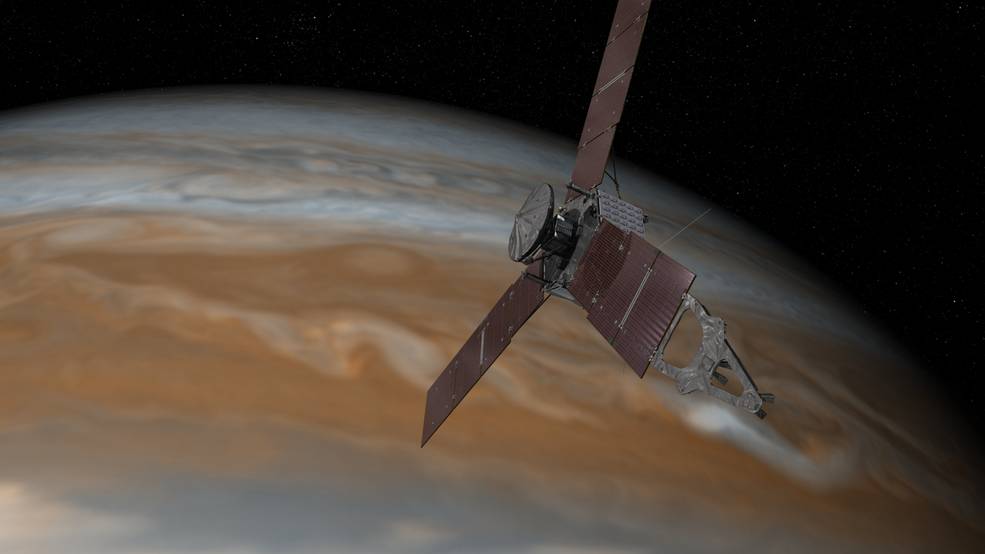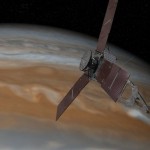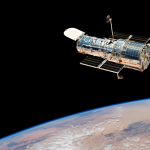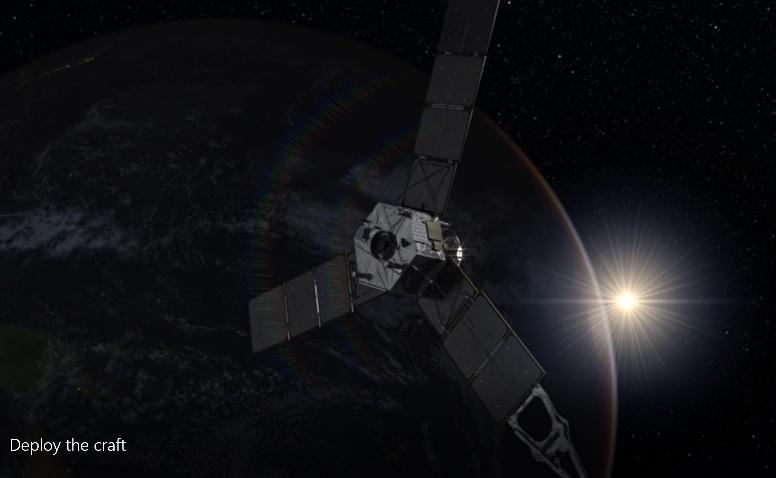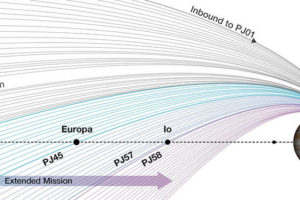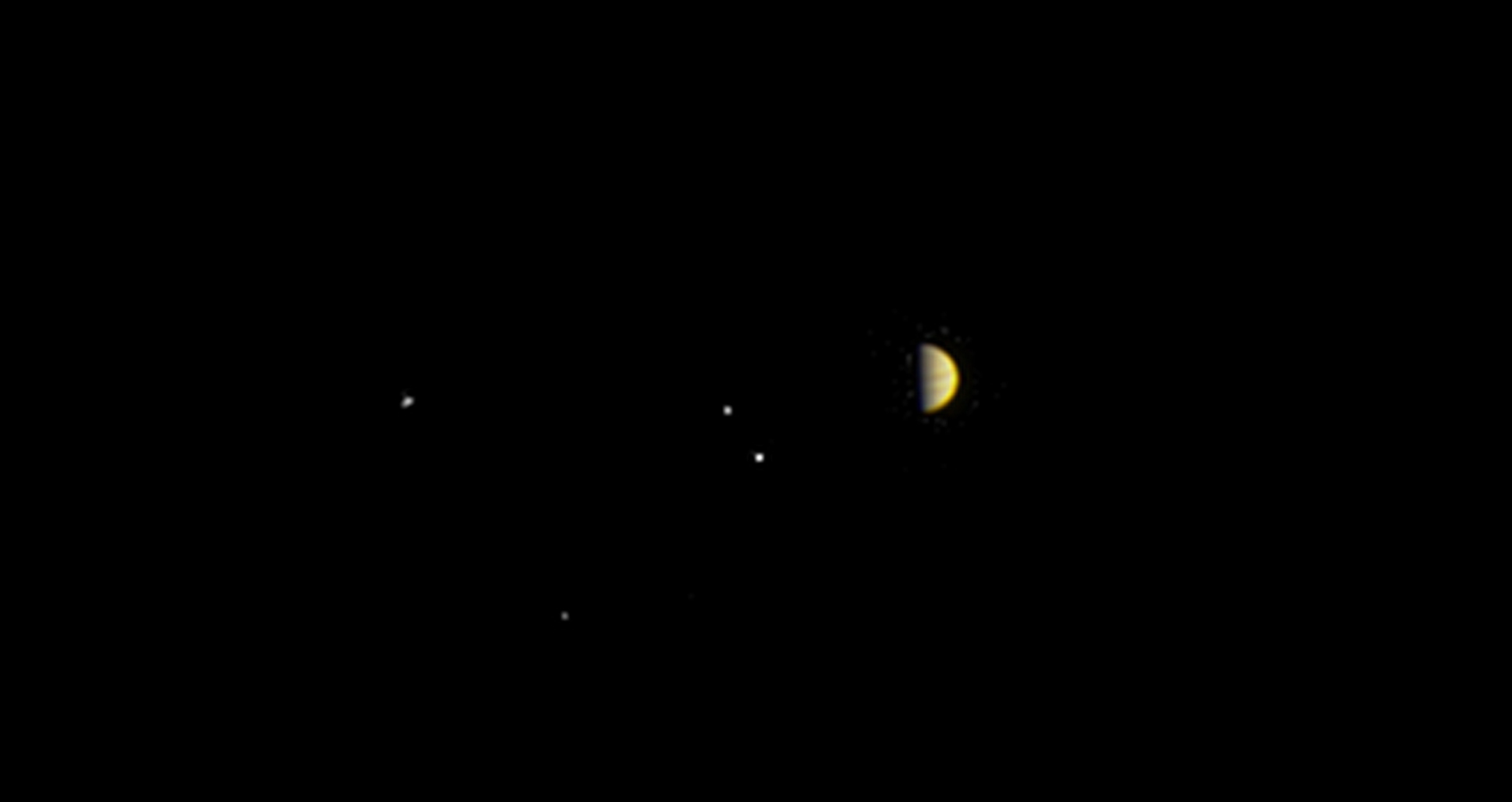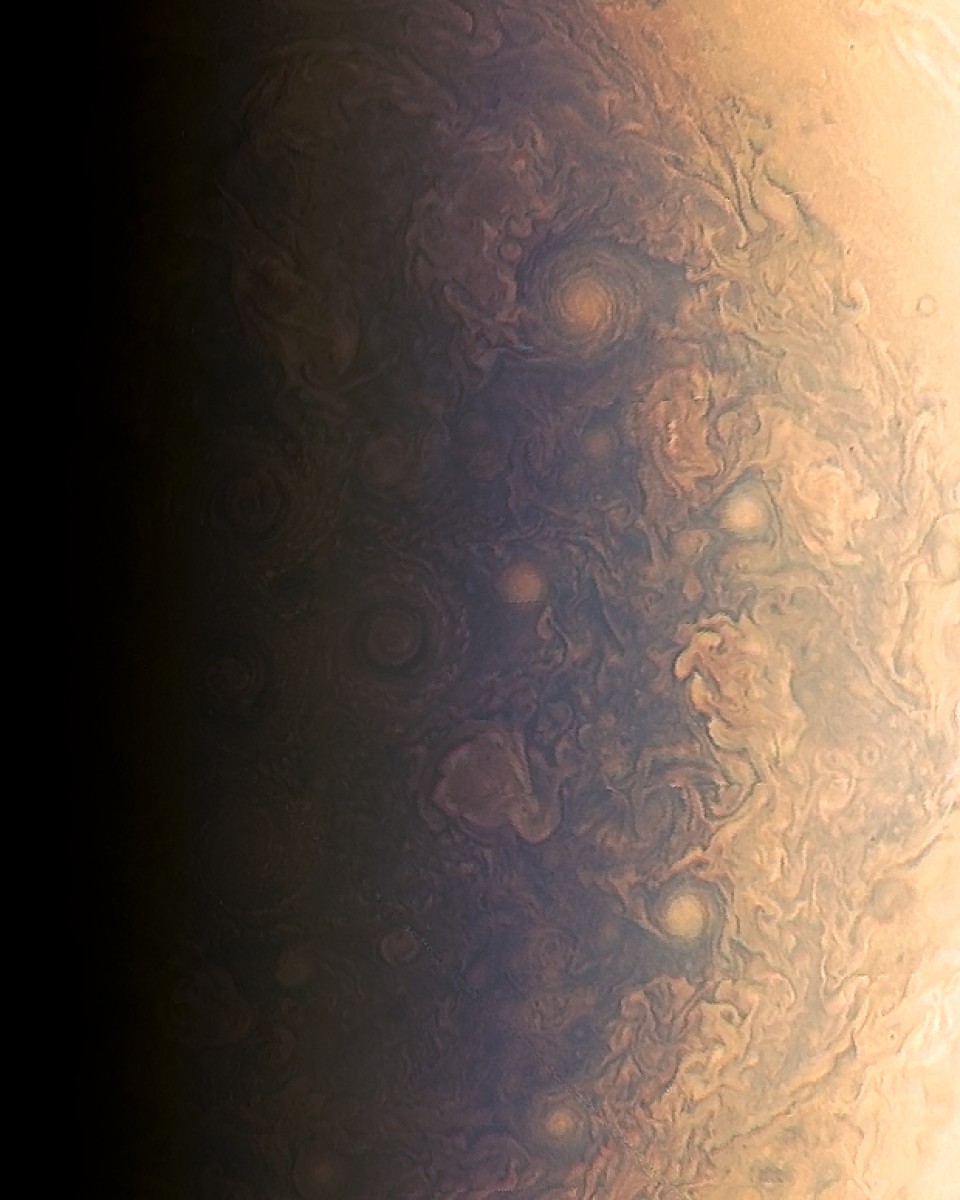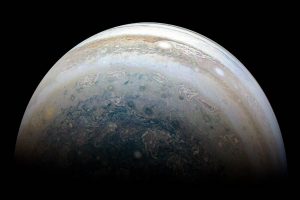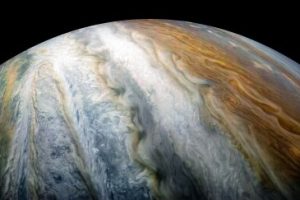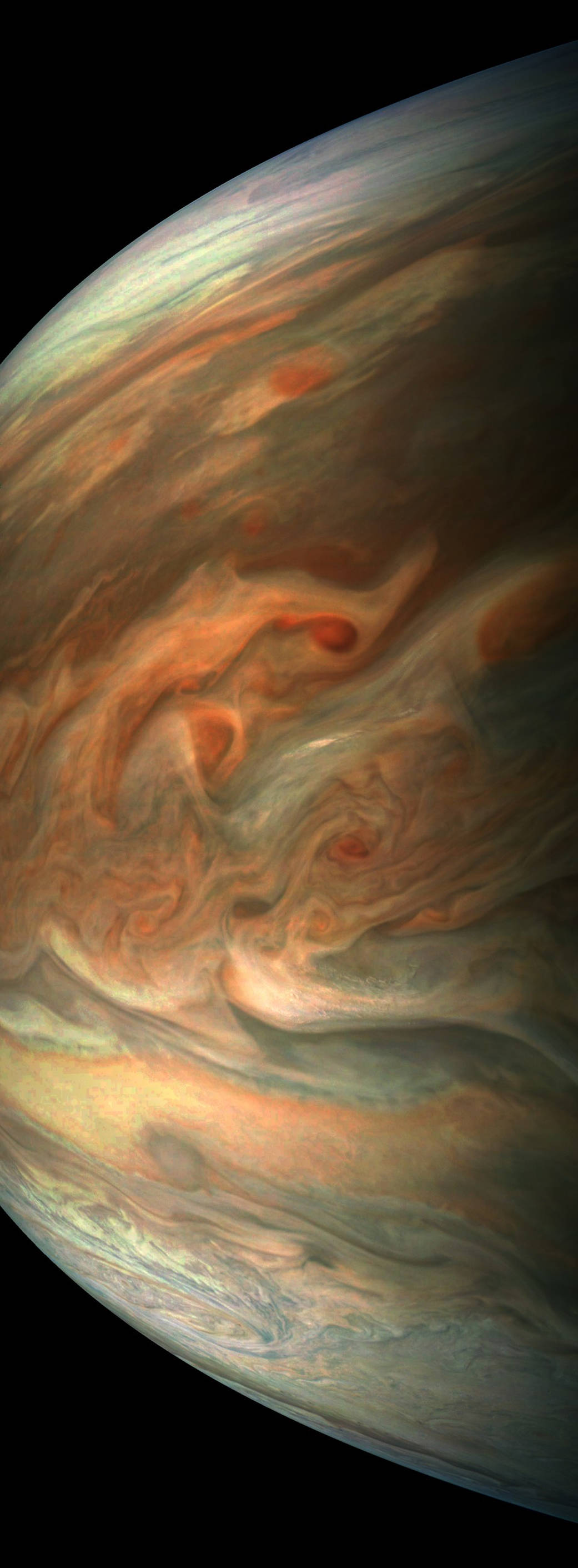訳者注:
オリジナル記事全文: Mission Prepares for Next Jupiter Pass
JUNO MISSION STATUS
ジュノーミッションの現状
Mission managers for NASA’s Juno mission to Jupiter have decided to postpone the upcoming burn of its main rocket motor originally scheduled for Oct. 19. This burn, called the period reduction maneuver (PRM), was to reduce Juno’s orbital period around Jupiter from 53.4 to 14 days. The decision was made in order to further study the performance of a set of valves that are part of the spacecraft’s fuel pressurization system. The period reduction maneuver was the final scheduled burn of Juno’s main engine.
“Telemetry indicates that two helium check valves that play an important role in the firing of the spacecraft’s main engine did not operate as expected during a command sequence that was initiated yesterday,” said Rick Nybakken, Juno project manager at NASA’s Jet Propulsion Laboratory in Pasadena, California. “The valves should have opened in a few seconds, but it took several minutes. We need to better understand this issue before moving forward with a burn of the main engine.”
「昨日から始めたテレメトリーで、探査機のメインエンジンの噴射に重要な役割を果たす2つのヘリウムチェックバルブが想定したように作動しなかったことがわかりました。」と、カリフォルニア州パサデナにあるNASAのジェット推進研究所のジュノーのプロジェクトマネージャーであるリック・ニバッケンは言いました。「バルブは数秒で開かれるはずだったのですが数分かかりました。私たちはメインエンジンの噴射を始める前に、この問題をクリアにしておく必要があります。」
After consulting with Lockheed Martin Space Systems of Denver and NASA Headquarters, Washington, the project decided to delay the PRM maneuver at least one orbit. The most efficient time to perform such a burn is when the spacecraft is at the part of its orbit which is closest to the planet. The next opportunity for the burn would be during its close flyby of Jupiter on Dec. 11.
デンバーにあるロッキード・マーチン宇宙システムとワシントンにあるNASAの本部で相談した後、プロジェクトは少なくとも1軌道はPRMを遅らせることにしました。探査機が木星に最も近い軌道にいる時が、今回のようなエンジン噴射を実行するために最も効率的な時です。次のエンジン噴射の機会は、12月11日に木星の近くに接近する時になります。
Mission designers had originally planned to limit the number of science instruments on during Juno’s Oct. 19 close flyby of Jupiter. Now, with the period reduction maneuver postponed, all of the spacecraft’s science instruments will be gathering data during the upcoming flyby.
ミッションの設計者は、もともと10月19日にジュノーが木星の近くを通過する際は搭載している科学機器で動作させるのは限られた数にする予定でした。しかし今では、エンジン噴射が延期されてるので、探査機に搭載している計測機器の全てを今後の木星近傍通過の際に稼働させてデータを収集します。
“It is important to note that the orbital period does not affect the quality of the science that takes place during one of Juno’s close flybys of Jupiter,” said Scott Bolton, principal investigator of Juno from the Southwest Research Institute in San Antonio. “The mission is very flexible that way. The data we collected during our first flyby on August 27th was a revelation, and I fully anticipate a similar result from Juno’s October 19th flyby.”
「ジュノーが木星に近づく軌道周期は、科学観測の品質には影響を与えないということは重要です。」と、サンアントニオのサウスウェスト研究所のジュノー主任研究員であるスコット・ボルトンは述べています。 「ミッションはこのように非常に柔軟なのです。我々が最初の接近時の8月27日に収集したデータは啓示のようなものでした。私は10月19日にジュノーが木星に接近する際にも同様の結果を期待しています。」
The Juno spacecraft launched on Aug. 5, 2011, from Cape Canaveral, Florida, and arrived at Jupiter on July 4, 2016.
ジュノー探査機はフロリダ州ケープカナベラルから、2011年8月5日に打ち上げられ、2016年7月4日に木星に到着しました。
JPL manages the Juno mission for the principal investigator, Scott Bolton, of Southwest Research Institute in San Antonio. Juno is part of NASA’s New Frontiers Program, which is managed at NASA’s Marshall Space Flight Center in Huntsville, Alabama, for NASA’s Science Mission Directorate. Lockheed Martin Space Systems, Denver, built the spacecraft. Caltech in Pasadena, California, manages JPL for NASA.
More information on the Juno mission is available at:
http://www.nasa.gov/juno
The public can follow the mission on Facebook and Twitter at:
http://www.facebook.com/NASAJuno
Tweets by NASAJuno
DC Agle
Jet Propulsion Laboratory, Pasadena, Calif.
818-393-9011
agle@jpl.nasa.gov
Dwayne Brown / Laurie Cantillo
NASA Headquarters, Washington
202-358-1726 / 202-358-1077
dwayne.c.brown@nasa.gov / laura.l.cantillo@nasa.gov
2016-266
Last Updated: Oct. 15, 2016
Editor: Tony Greicius
